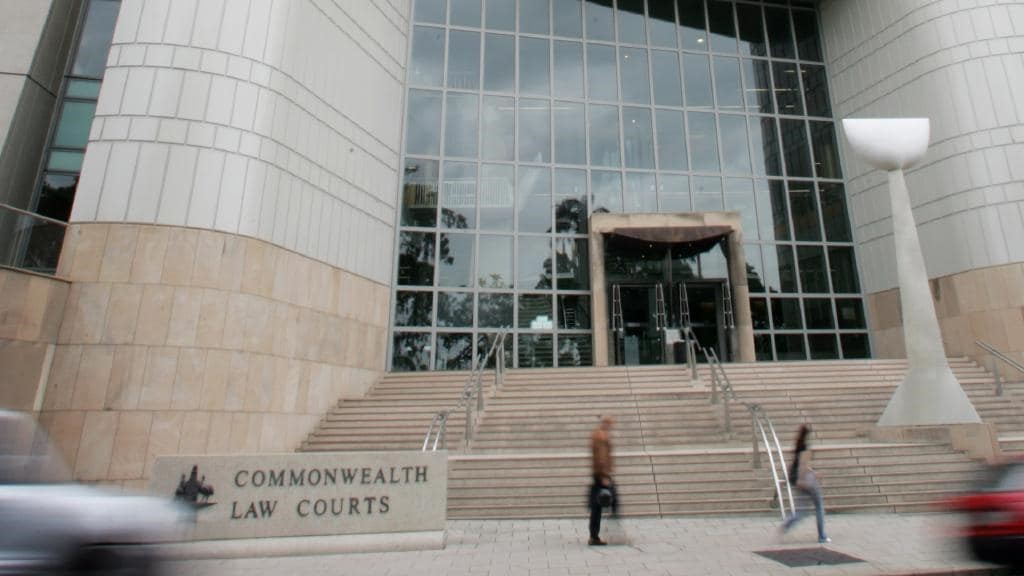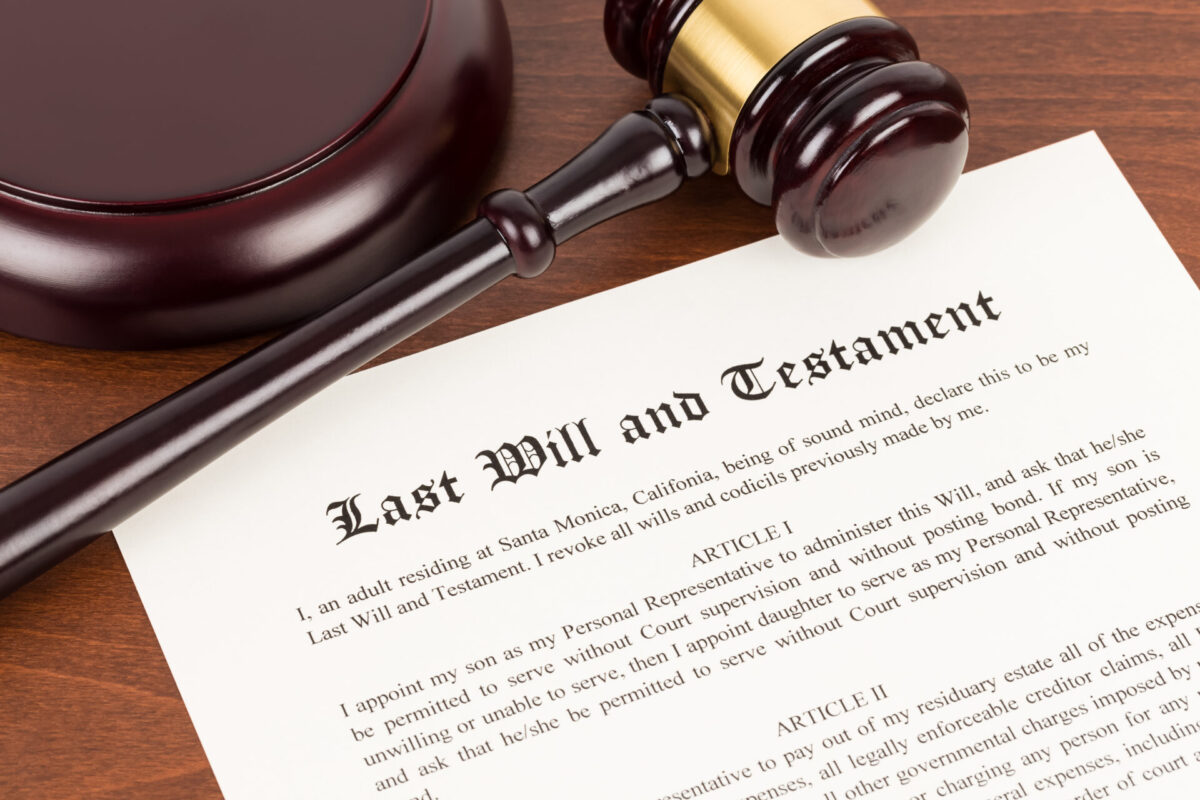In cases of insolvency, a company lacks the capacity to settle its debts promptly when they come due. During such circumstances, creditors of the insolvent company have several options to assert their rights, one of which…
Examination Powers Under Section 81 of the Bankruptcy Act 1966
The Bankruptcy Act 1966 (Cth) provides a comprehensive framework for the administration of bankruptcy in Australia. One of its key provisions, Section 81, grants the Court and the Registrar significant powers to summon individuals for examination…
Does a builder owe a duty of care to subsequent purchasers?
A recent ruling by the Queensland Court of Appeal underscores the narrow conditions under which a builder is obligated to exercise care towards subsequent property purchasers. In the case of Raymond v Lewis [2024] QCA 43,…
Debt Recovery from Deceased Estates
What is a deceased estate? The term ‘deceased estate’ encompasses the entirety of assets, debts, and obligations left by an individual upon their death. If the deceased were owed a debt by someone else at the…
How to deal with a DPN post-resignation
Dealing with a DPN post-resignation Former directors who receive a Director Penalty Notice (“DPN”) in respect of a company’s tax or superannuation liabilities are often placed in a difficult situation, especially where the current management of…




